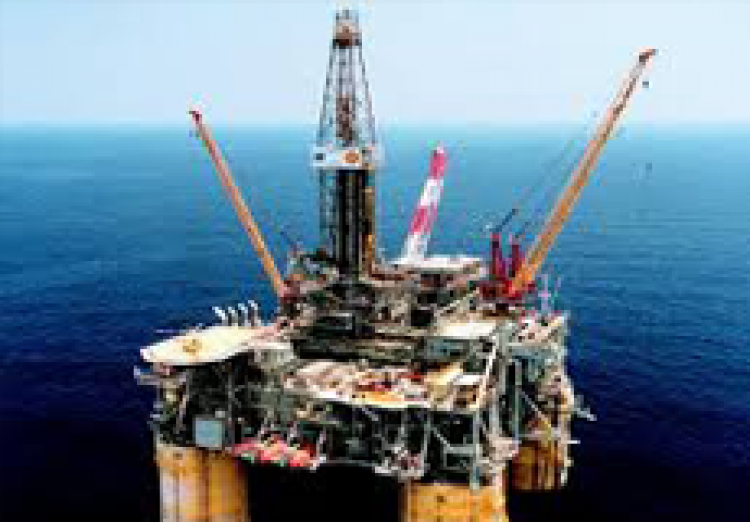Energy firms must maintain risk management spend despite low oil price - Marsh

Despite falling revenues, energy firms should maintain their investment in risk management to reduce the potential for future major incidents and insurance claims, according to Marsh.
In a research report, “Can Energy Firms Break the Historical Nexus Between Oil Price Falls and Large Losses?”, Marsh analyses the historical sequential correlation between oil price falls, which led to energy firms cutting costs, including safety training and education, which in turn, led to an occurrence of significantly larger insured losses in the following period.
Insured losses in the global upstream energy sector reached a peak in the 1980s shortly after the price of Brent crude oil fell from US$35 to US$15 per barrel. The concern now is that the pattern could be repeated following the latest plunge.
“Historically, falling oil prices have prompted cuts in infrastructure and maintenance spending, and less investment in health and safety measures and employee training,” said Andrew George, Chairman of Marsh’s Global Energy Practice. “Analysis of past cycles indicates that cost-cutting decisions were followed by an increased frequency of major incidents or large losses.
“Firms that have invested in risk management have seen real benefits. Energy companies should exercise caution when implementing cost-cutting measures in response to this latest downturn to avoid a repetition of the major losses that occurred in the past.”
